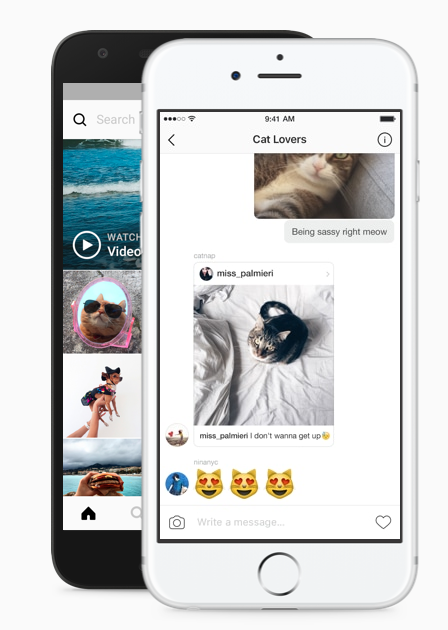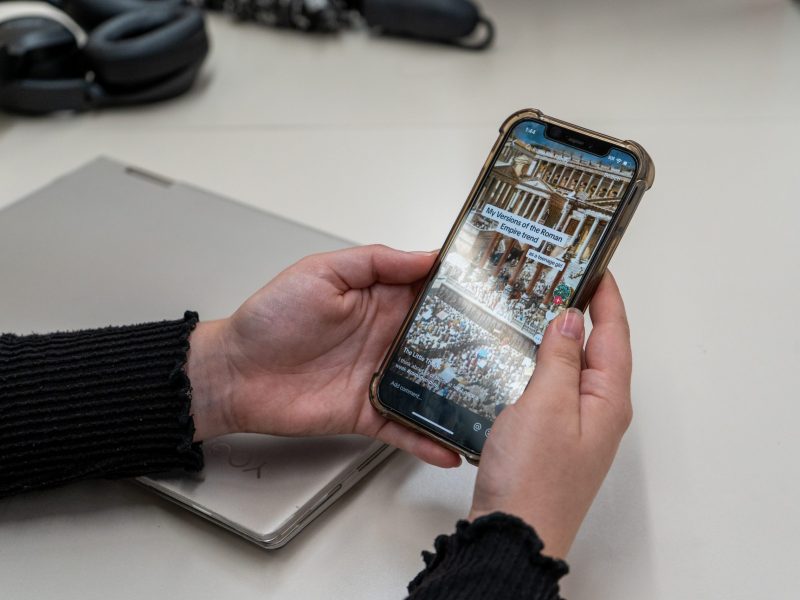This week, some Android users reported a new “Follows You” feature on their Instagram accounts. This new addition is one of many updates (including a four-way grid) expected to be released on all devices in the next few weeks.
When “Follows You” is rolled out, it’ll help many bloggers and companies track fans and the rest of us track unfollows from friends and exes. But the update also feeds into the very insecurities that undermine society.
Human perfection is deeply rooted in our history, often traced back to the “golden ratio,” which originated in ancient Greece. The ratio, established by mathematicians and philosophers of the time, states that 1 to 1.68 is the ideal proportion. Individuals later applied these calculation to define “beauty” and “perfection” in terms of architecture, art and the human body.
Even today, humanity is obsessed with looking and feeling a certain way and being perceived in a certain manner. This ideology coincides with the very foundation of social media.
While Instagram, Snapchat and Facebook promote numerous benefits for bloggers, celebrities and brands in providing an interactive platform to share creations and collaborate, these sites often feed into nationwide insecurities that few can resist. Through smartphone screens, we see things we might have missed or been excluded from, which often translates to loneliness and feelings of inadequacy.
According to a study of nearly 1,500 teens conducted by the Royal Society for Public Health and the Young Health Movement in the U.K., Instagram (followed closely by Snapchat) ranked as “the most detrimental to young people’s mental health and wellbeing.” The study noted reports of increased anxiety, depression, body-image issues and negativity, among others, from usage of both sites.
In an era of body positivity, with numerous campaigns attempting to create a more accepting society of all individuals from varying walks of life and separate from appearance and perfection, the essence of “Follows You” feeds into the downfall of self-motivation.
Before this new update, tracking the loss of followers was a convoluted process using secondary apps connected with Instagram accounts to track gains, losses and in some cases even “ghost followers.” Now, the accessibility of this setting enforces curiosity and increases the likelihood and desire to observe who really is your “true friend.”
In this ever-changing society, individuals should advocate for the benefits of social media in forming real, genuine connections that enhance growth and promote personal benefit, independent of superficiality.



